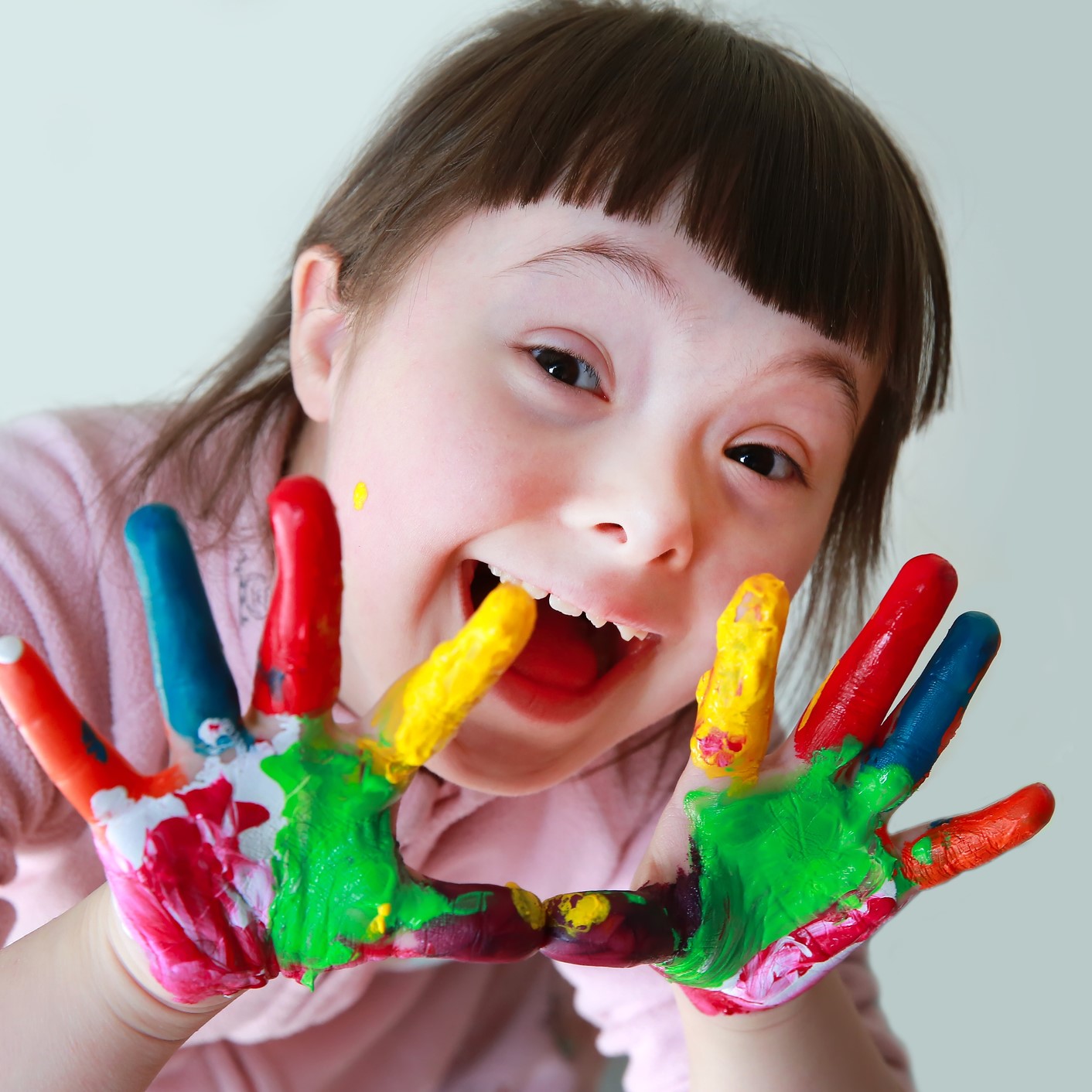- Special needs children who also have food allergies require a co-operative approach by care providers.
- Allergists, occupational therapists, teachers and parents need to work together to make sure that both diagnoses are being addressed.
When a child has a dual diagnosis of a developmental delay or other condition in addition to food allergy, parents have to take extra steps to ensure the child’s safety.
- School plans must be designed to acknowledge and accommodate both the food allergy and the other diagnosis.
- Allergists must understand communication strategies and any other relevant issues.
- Occupational therapists and teachers need to understand the importance of being allergy aware and preventing reactions.
Parents may face unique challenges with the transition to self-management, communication and other issues – since every child has their own developmental timeline. Parents need support, from other families and from the community of care providers, in order to best support their children in managing food allergies.
Read our article on this topic, which features interviews with several moms and a paediatric expert.

